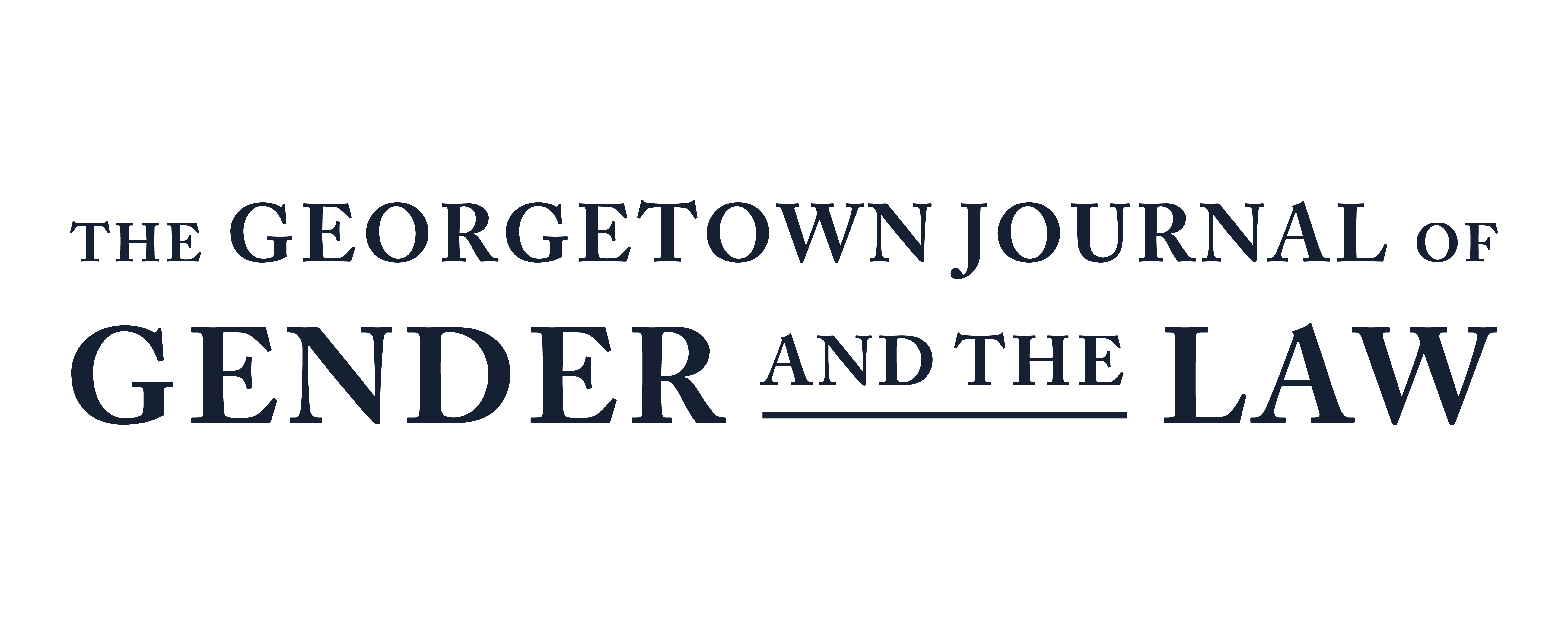Border (Reproductive) Control: Unconstitutional Outcomes for Undocumented People Seeking Abortion Care
It is no secret that restricted access to reproductive care, especially in the wake of Dobbs v. Jackson Women’s Health, disproportionately impacts poor, non-white women and pregnant people. Among the most vulnerable are undocumented Latina/o individuals in the United States. Undocumented individuals who are or may become pregnant face a heightened set of challenges as they try to navigate (or avoid) a complex, hostile, and inefficient immigration system at the southern border while simultaneously seeking abortion care in states where access is virtually non-existent. Even before Dobbs, inhumane immigration policies and abortion restrictions, particularly in Texas—the first point of entry for many immigrants—created an inhospitable environment for pregnant
individuals seeking reproductive care. Now, with Dobbs conferring the right to regulate abortion completely to the states, arbitrary, inconsistent, and unconstitutional outcomes abound for undocumented pregnant individuals seeking care across states with vastly different reproductive landscapes.
The conflicting health outcomes experienced by undocumented pregnant individuals seeking abortion care did not happen in a vacuum, nor is Dobbs the solitary catalyst for these unconstitutional effects. Rather, this Note highlights the complex historical and political frameworks in which racist, sexist, and anti-immigrant narratives have been festering for years, and argues that the resulting disparate outcomes violate the Equal Protection Clause of the Fourteenth Amendment. Similarly situated undocumented individuals should receive similar access to reproductive care, regardless of where they are seeking services. Such inconsistent health outcomes are harmful and unconstitutional.
Subscribe to GJGL
